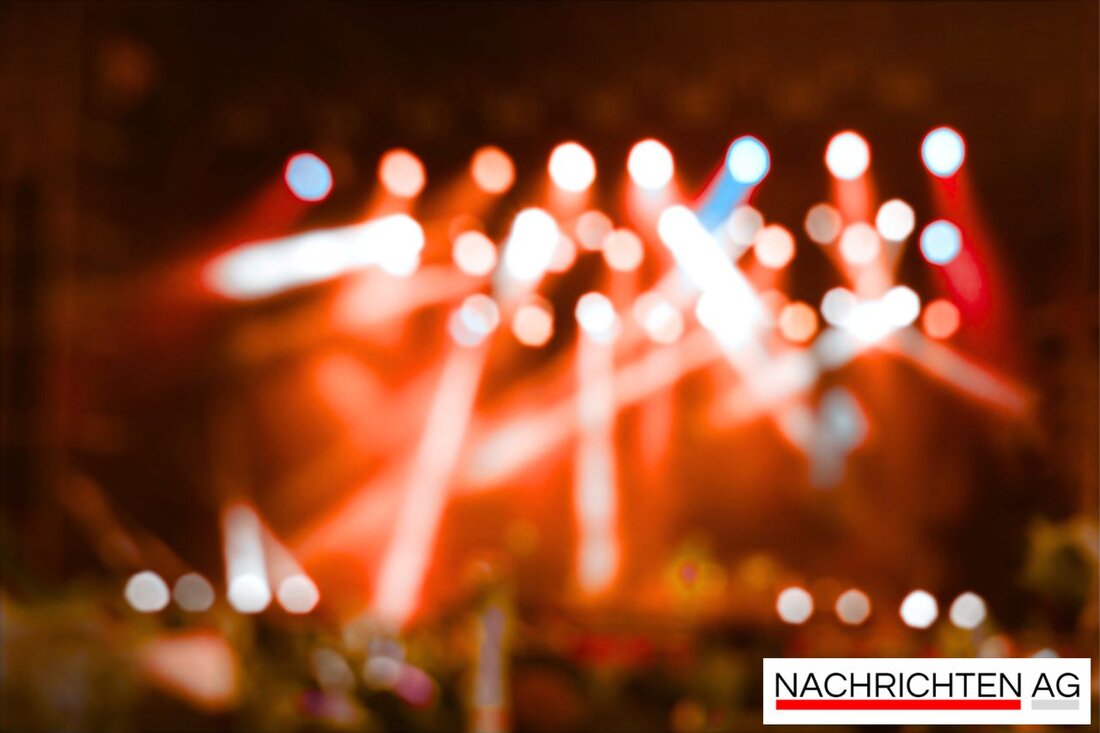Leipzig Festival: Schostakovich inspires with a gripping symphony!
Leipzig Festival: Schostakovich inspires with a gripping symphony!
Leipzig, Deutschland - On June 1, 2025, a highly expected performance took place in the Gewandhaus zu Leipzig, which put the musical skills and the historical relevance of Dmitri Schostakovich into the spotlight. The focus was on the Symphony No. 12 D minor op. 112, which was composed by Schostakovich between 1960 and 1961 and on the occasion of the XXII. Participate of the KPDSU was premiered. The composition, which is understood as a kind of musical homage to 1917 and Vladimir Iljitsch Lenin, bears the subtitle "Die Jahr 1917" and is now considered highly political and problematic. LVZ reports .
The four sentences of the symphony are titled: "Revolutionary Petrograd", "Rasliw", "Aurora" and "Dawn of Humanity". Krzysztof Meyer, a close friend and biographer of Schostakovich, calls this symphony of one of the composer's weaker works. Despite negative criticism, the play was interpreted lively by the important conductor Andris Nelson and the festival orchestra, whereby the instruments were strongly emphasized.
a festival of music
The performance of the 12th symphony was enthusiastically recorded by the audience, especially the soloists received great applause after the concert. Schostakovich's 9th Symphony from 1945, which contains fewer monumental and bombastic elements compared to the 12th symphony, was also discussed in a contrast to the 12th symphony. Nelsons performed this with a smaller line-up that was reminiscent of Haydn, and integrated circus music elements.
A highlight of the evening was undoubtedly the appearance of the virtuoso pianist Daniil Trifonov. He presented the concert for piano, trumpet and string orchestra C minor op. 35, and his performance was praised as exceptionally. Martha Argerich, a legendary pianist, recognized Trifonov for his tenderness and demonic elements in his style of play.
music in the political context
Schostakovich's work not only stands for musical brilliance, but is also discussed in a larger political context. The composer is considered one of the most important musical representatives of the 20th century in the Soviet Union. Despite the repression under Stalin, he managed to be recognized as a party -loyal state composer. His music was often used as a gun propaganda to mobilize masses, which raises the question of whether it is to be understood as "against" or "for" the regime. For pupils and learners, the topic offers a possibility of critical examination of the connection between music and politics, as in an education initiative, which aims to promote understanding of these complex relationships and to strengthen the ability to discuss.
With a total playing time of about 40 minutes, the 12th symphony is divided into four sets that merged into one another without a break. Their complex and multi -layered music not only addresses the revolutionary ideas of time, but also remains an important part of the curricula in music schools, where the relationship between music and politics is deeply discussed. This becomes particularly clear in the 1941 Leningrad symphony, which was created during the siege of Leningrad and is considered one of the most famous works of Schostakovich.
| Details | |
|---|---|
| Ort | Leipzig, Deutschland |
| Quellen | |


Kommentare (0)